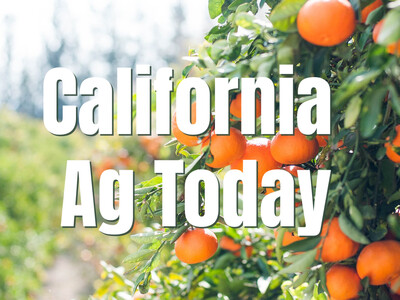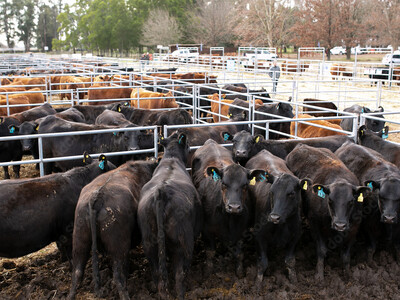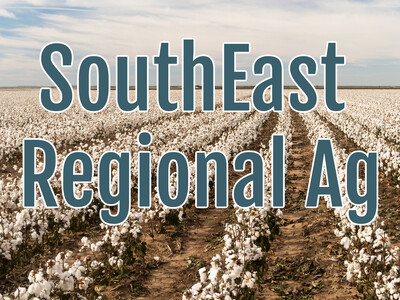Cantwell Talks Potatoes & Genetically Engineered Wheat Found
Cantwell Talks Potatoes & Genetically Engineered Wheat Found plus Food Forethought. I’m Greg Martin with today’s Northwest Report.
U.S. Senator Maria Cantwell from Washington has been making stops across the state to discuss farm bill issues and to highlight specialty crop programs she is pushing in the bill. She stopped at a potato processing plant in Pasco, Washington.
CANTWELL: This is an important time for us to express how important it is that Congress not pass another extension but pass a farm bill for five years. We know how important agriculture is to our state but right here in this part of Washington our potatoes are certainly a product that is grown in this region and end up in homes all the way from Spokane to Shanghai.
A strain of non-approved, genetically engineered wheat has been found in an Oregon wheat field. USDA officials said the wheat is the same strain as a genetically modified wheat that was legally tested by seed giant Monsanto a decade ago but never approved. Monsanto stopped testing that product in Oregon and several other states in 2005. Many countries around the world will not accept imports of genetically modified foods so trade may be in some jeopardy. USDA is continuing to look into the issue.
Now with today’s Food Forethought, here’s Lacy Gray.
French broom is a shrub with bright yellow, fragrant flowers and was once favored as an ornamental plant. Now however, it is no longer sold through the horticultural industry, and is listed as a noxious weed in Oregon, California and Hawaii, along with being added as a Class A weed species in Washington this year. French broom is fast growing and spreads quite rapidly, causing it to outcompete native plants. It’s a prime example of an invasive plant that can end up causing serious problems in fields, pastures, or urban settings. All states have a list of problematic plants. With summer being the prime time for family vacations and cross country road trips it’s good to be aware of that, and that those “beautiful plants” you see growing along the roadside might not be the best thing to bring back as a souvenir. That lovely plant might end up being not only your yard’s, but your state’s worst nightmare. Don’t be the cause of “weeds gone wild”. One of the best defenses against spreading noxious weeds across your state and neighboring states begins with you. For more information on identifying noxious weeds visit your state’s Department of Agriculture website.
Thanks Lacy. That’s today’s Northwest Report. I’m Greg Martin on the Ag Information Network.














